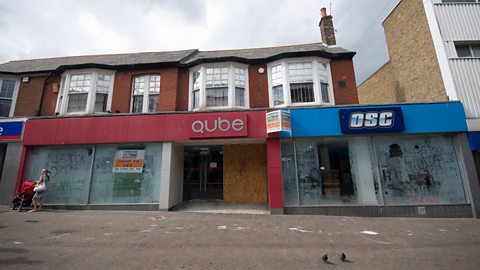Costs and benefits of internet shopping
The biggest rise in 24-hour shopping is the rise of the internet. This makes it possible for people to engage in retailing without even having to set foot in a retail park, shop or supermarket. Every item, from clothing to groceries, household goods such as televisions to garden sheds can be ordered online.
Benefits of internet shopping
- Convenience - shop from any computer or mobile phone with an internet connection any time, while avoiding the need to travel, pay for parking and queueing.
- Greater variety - more shops online than any high street or retail park.
- Cheaper goods - increased competition between retailers, for some on a global scale, brings down prices.
- Accessibility - those with a disability that limits their mobility can choose to have goods delivered.
- Comparability - using the internet makes it easy to research products or services very thoroughly, comparing prices and product details in order to get the best deal.
Costs of internet shopping
- Security concerns surrounding payment by credit card over the internet.
- Not being able to physically inspect the goods before purchase.
- Goods getting damaged during transport.
- Goods not arriving in time or at all.
- Concerns over what information retailers are storing about customers, eg buying habits.
- Fewer people visiting the CBD, high street and retail parks.

A deserted high street - the consequence of out-of-town retail parks and internet shopping